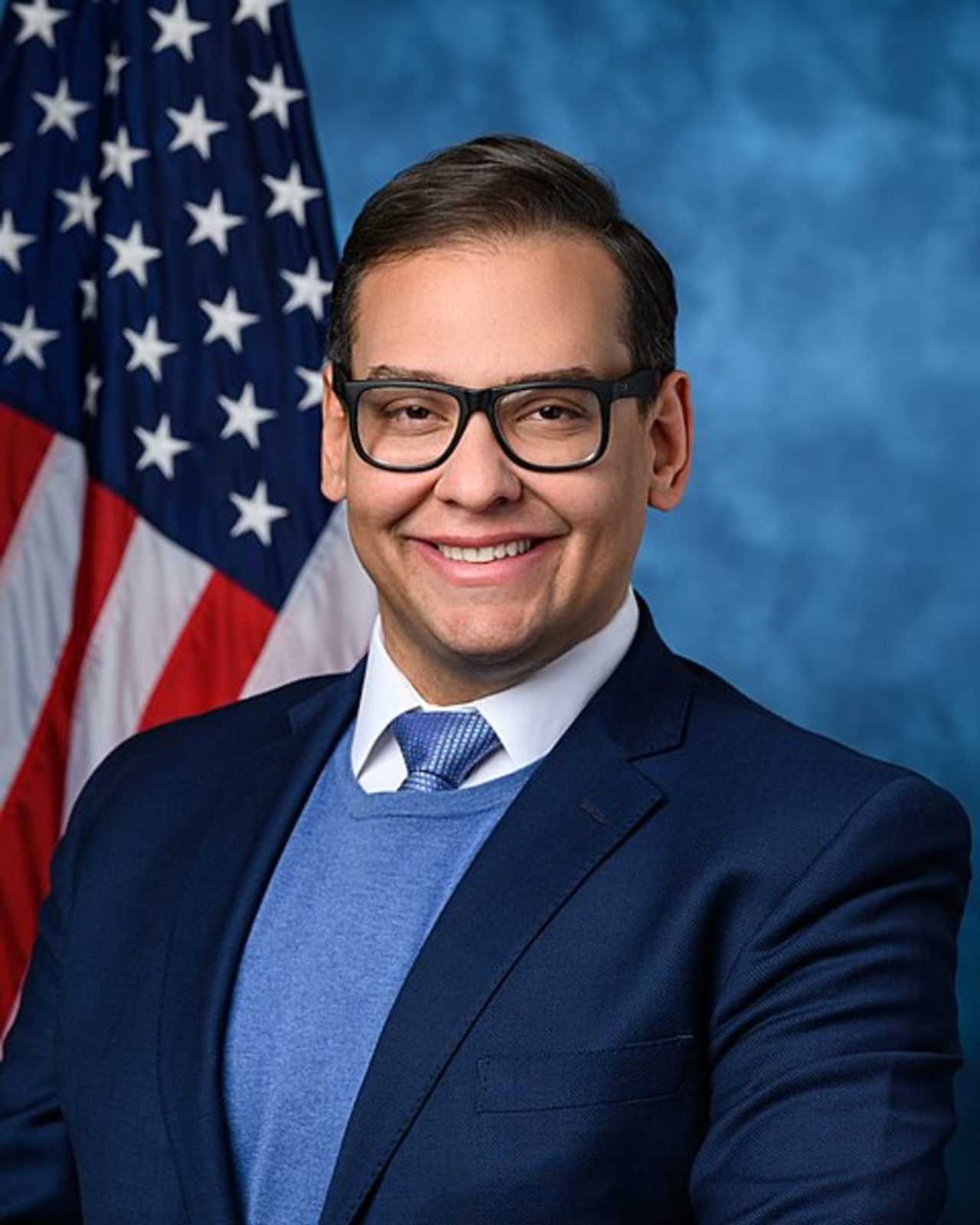George Santos, a name that has become synonymous with controversy in recent political discourse, continues to capture the public's attention. As a former U.S. Representative from New York, Santos's tenure was marked by allegations of fraud and identity theft, leading to his eventual resignation. His story is one of ambition, scandal, and the complexities of modern politics, where truth and fiction often blur.
The rise and fall of George Santos serve as a cautionary tale about integrity in public service. Elected in 2022, Santos quickly became embroiled in numerous investigations, resulting in criminal charges that culminated in his guilty plea. Despite the mounting evidence against him, Santos's narrative remains a subject of intrigue, with questions lingering about the motivations behind his actions and the implications for the political landscape.
Political Career in Turmoil
George Santos's journey into politics began with high hopes but soon spiraled into chaos. As a member of the Republican Party, Santos represented New York's third congressional district. However, his time in office was short-lived due to mounting allegations of financial misconduct. These accusations led to a series of investigations, which ultimately exposed discrepancies in his personal and professional life.
Santos's political career was characterized by a lack of transparency and accountability. The Office of Public Affairs reported that he pleaded guilty to wire fraud and aggravated identity theft. These charges were a result of schemes designed to defraud individuals and entities, highlighting the extent of his deception. The gravity of these offenses prompted calls for his expulsion from Congress, underscoring the seriousness of his actions.
Despite the legal challenges, Santos initially resisted stepping down, arguing that he had done nothing wrong. His refusal to acknowledge the severity of his crimes only fueled further scrutiny and criticism from both political allies and opponents alike. This period marked a turning point in his career, where public trust was irrevocably damaged.
Legal Battles and Sentencing
As the legal proceedings unfolded, George Santos faced multiple federal charges, including wire fraud, aggravated identity theft, and conspiracy. Each charge carried significant penalties, reflecting the magnitude of his alleged crimes. The evidence presented during the trial painted a picture of systematic fraud, orchestrated over several years.
The sentencing phase was particularly contentious, with Santos publicly expressing dissatisfaction with the judge's decision. He was sentenced to more than seven years in prison, a punishment that many felt was justified given the scale of his offenses. However, Santos maintained his innocence, appealing to former President Donald Trump for clemency, a move that drew mixed reactions from the public.
Further complicating matters, Santos's sentencing was delayed until April 25, allowing him additional time before beginning his prison term. This delay sparked debates about the fairness of the judicial process and whether justice was truly served. Throughout this period, Santos continued to engage with his supporters on social media, maintaining an active presence despite his legal troubles.
Legacy and Impact
George Santos's legacy is one of controversy and contradiction. While he achieved a seat in Congress, his actions have left a lasting impact on the political environment. His case serves as a reminder of the importance of integrity and honesty in public service. The fallout from his scandals has also prompted discussions about the need for greater oversight and accountability in elected offices.
For many, Santos's story is emblematic of the challenges facing contemporary politics. It highlights the dangers of unchecked ambition and the potential consequences of prioritizing personal gain over public duty. His expulsion from Congress and subsequent imprisonment underscore the legal system's role in addressing such transgressions, albeit belatedly.
As Santos's chapter in American politics draws to a close, it leaves behind a complex narrative that will be studied and debated for years to come. The lessons learned from his rise and fall are crucial for future generations of politicians and citizens alike, emphasizing the necessity of ethical leadership and transparency in governance.

